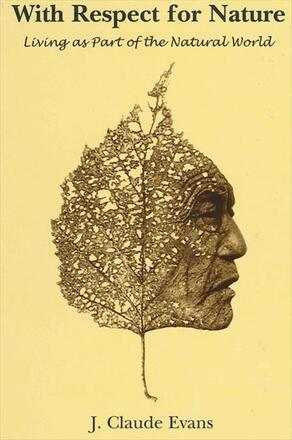
With Respect for Nature
Living as Part of the Natural World
Alternative formats available from:
Explores how humans can take the lives of animals and plants while maintaining a proper respect both for ecosystems and for those who live in them.
Description
We eat, inevitably, at the expense of other living creatures. How can we take the lives of plants and animals while maintaining a proper respect for both ecosystems and the individuals who live in them—including ourselves? In this book philosopher J. Claude Evans challenges much of the accepted wisdom in environmental ethics and argues that human participation in the natural cycles of life and death can have positive moral value.
With a guide for the nonphilosophical reader, and set against the background of careful and penetrating critiques of Albert Schweitzer's principle of reverence for life and Paul Taylor's philosophy of respect for nature, Evans uses hunting and catch-and-release fishing as test cases in calling for a robust sense of membership in the natural world. The result is an approachable, existential philosophy that emphasizes the positive value of human involvement in natural processes in which life and death, giving and receiving, self and other are intertwined.
J. Claude Evans is Associate Professor of Philosophy and Environmental Studies at Washington University and is the author of several books, including Strategies of Deconstruction: Derrida and the Myth of the Voice.